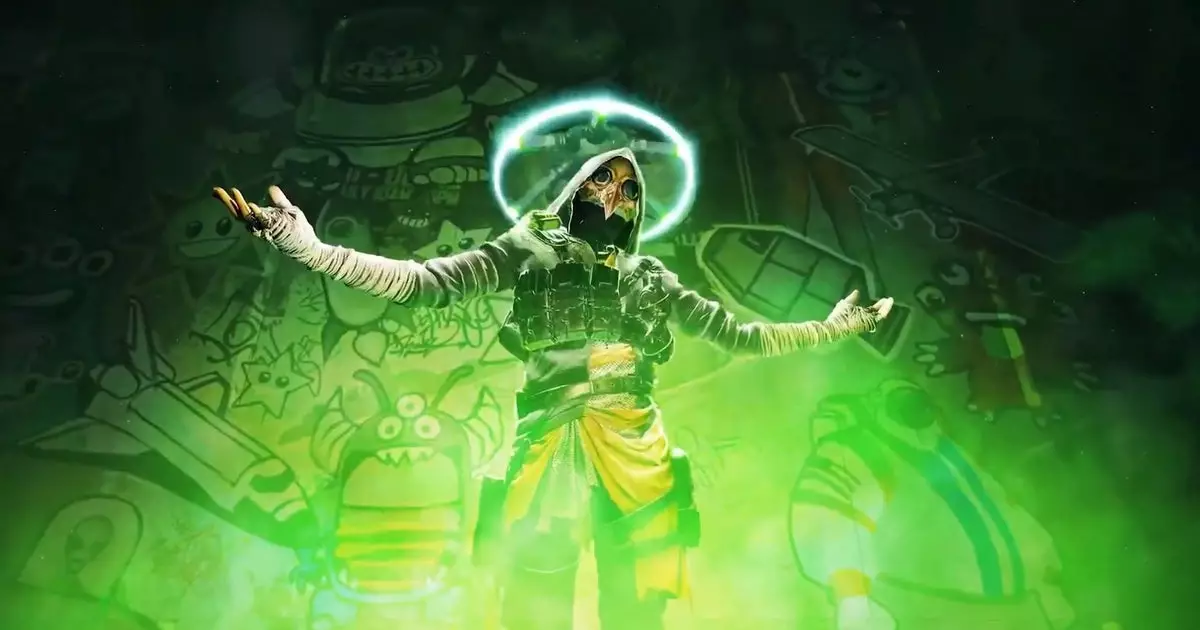Ubisoft’s discontinuation of its PvP shooter, XDefiant, has cast a shadow over the company and raised questions about the sustainability of the games-as-a-service model. Announced alongside the layoff of approximately 277 employees involved in the game’s development, the situation serves as a stark reminder of the volatile nature of the gaming industry. Players and developers alike are left grappling with the implications of such a sudden decision and its potential ripple effects throughout the community.
The words of Ubisoft executive Marie-Sophie de Waubert encapsulate the struggle faced by the company: “[We’ve] not been able to attract and retain enough players in the long run to compete at the level we aim for in the very demanding free-to-play FPS market.” This admission is not merely a corporate standoff; it reflects an understanding that the current landscape of free-to-play shooters is fiercely competitive and cutthroat, leaving little room for error or extended turnaround times. The fallout from this realization is harsh, as over half of the team dedicated to XDefiant will lose their positions across Ubisoft studios in San Francisco, Osaka, and Sydney—a staggering acknowledgment of the game’s failure.
The decision to shut down XDefiant illustrates a broader malaise within the gaming industry where speculative investments in franchises can lead to significant job losses overnight. Indeed, the clean-cut language used to describe staff departures, such as “transitioning to other roles,” does not fully convey the weight of the situation. For those affected, this event marks a difficult juncture in their careers, leaving players who once found enjoyment in XDefiant mourning the loss of what could have been a promising title.
Despite the online communities rallying around various games, maintaining a stable player base remains a formidable challenge. Ubisoft’s handling of XDefiant hasn’t just undermined its game but also damaged the trust players place in the company’s commitments to product longevity and improvement. Previous assurances from executive producer Mark Rubin that “the game is absolutely not dying” now seem hollow, echoing in the void left by a title that was promising enough to keep the gaming community engaged—if only for a brief moment.
In a company-wide statement, de Waubert expressed continued faith in the games-as-a-service model, despite the clear risks involved. This commitment raises questions about Ubisoft’s internal processes and their ability to adapt to shifts in player expectations. The insistence that they will “apply the lessons learned with XDefiant to our future live titles” suggests an intention to persevere, though the past six months’ evidence casts doubt over this claim.
Other titles within Ubisoft’s portfolio, like Rainbow Six Siege and For Honor, have achieved stability and popularity after rocky launches—a pattern that demonstrates the potential for turnaround strategies. However, the rapid decision to terminate XDefiant hints at a reluctance or inability to invest the time and resources that might have salvaged it. The broader question looms: can companies continue to gamble on live service games and still maintain credibility when their bets fail so dramatically?
The swift closure of XDefiant has provoked critical discourse about the industry’s trajectory. Some analysts have drawn parallels between Ubisoft’s experience with XDefiant and that of other similar projects. Titles released under the free-to-play model encounter increasing scrutiny from gamers who are fatigued by the relentless churn of updates and monetization strategies. As developers, players, and industry insiders evaluate the consequences of such disappointing outcomes, it may prompt reevaluation of how future projects are conceptualized and managed—from inception to launch and beyond.
As for the displaced Ubisoft employees, a collective uncertainty now hangs in the air. The emotional and psychological impact of sudden job loss can be profound, requiring these individuals to navigate both the immediate concerns of employment and the longer-term implications for their careers in gaming. Many may gravitate towards other companies, but Ubisoft’s actions serve as a cautionary tale for future endeavors—one that underscores the importance of adaptability, community engagement, and genuine commitment to player satisfaction.
In closing, while the demise of XDefiant marks an end to one chapter for Ubisoft, it opens the door for critical discussions about accountability and innovation in gaming. The losses extend beyond the battlefield of this multiplayer arena, reverberating throughout the industry and emphasizing the pressing need for stronger foundations against the ever-evolving landscape of player expectations and competitive pressures.

